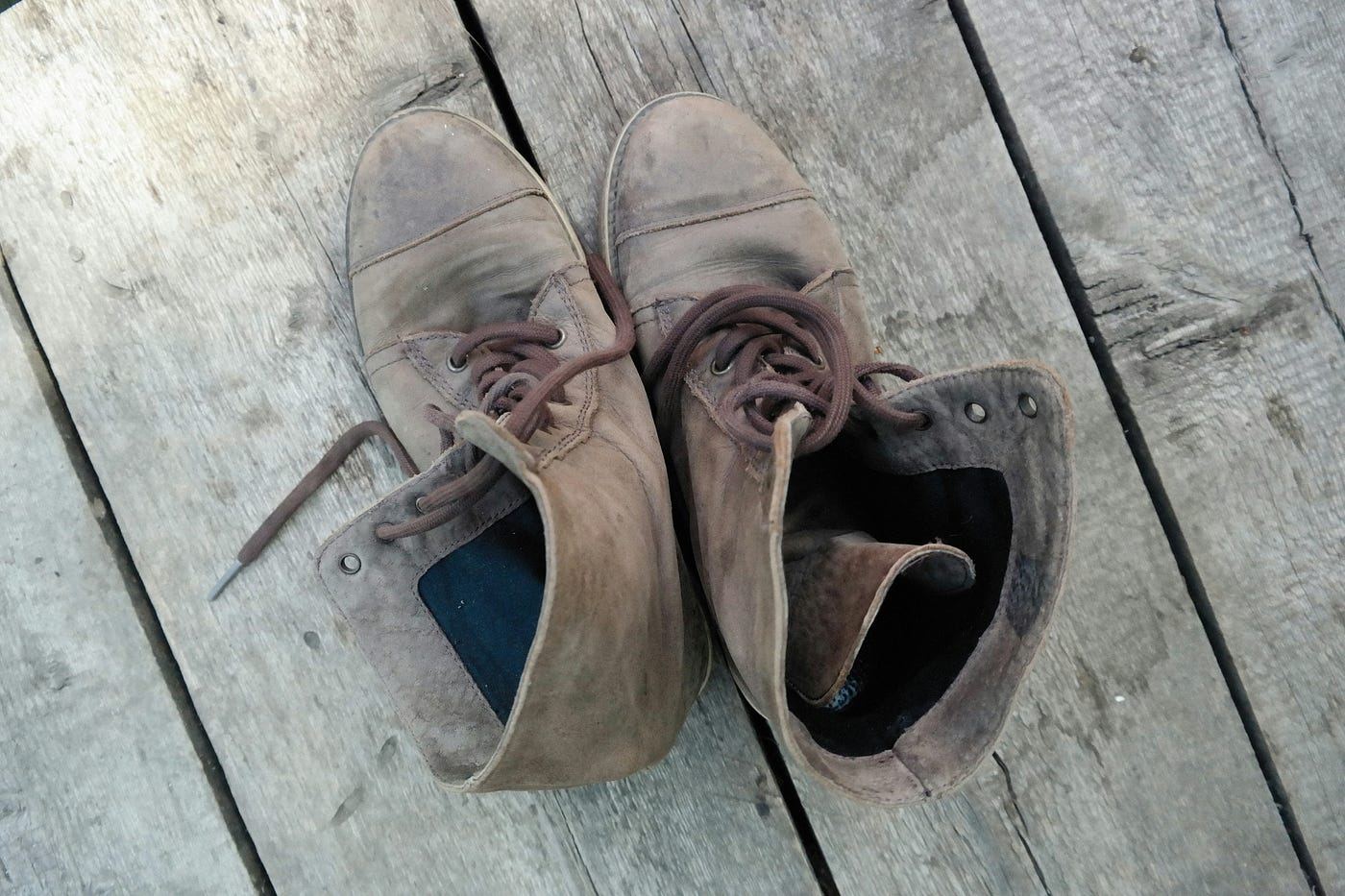
I don’t remember how long I sat in my truck, parked outside our home, before going in. Sixteen hours at the office had left me fried. I wasn’t angry, or panicked, only numb. But the intense gravity of the heaviness in my chest held me there. Quiet and still.
The truck’s cab was dark except for the faint glow of the neighbor’s outside lights. The neighborhood, quiet. I closed my eyes, took a few deep breaths, cracked the door to let in the cold night air, and finally took the first step.
I didn’t think much about that night. It was just another long day. I was just tired.
At least, that’s what I kept telling myself. But it kept happening. Over the last twenty-five years, I’ve had many of those days.
The quiet sit in my car. The invisible weight. The (sometimes long) delay between intention and doing something; anything.
It wasn’t depression, though it would lead to that eventually. This was something different. It was like watching my life blur just enough to feel far away. Like I was slipping, slowly, into a version of myself that was duller, quieter — sometimes angrier, sometimes disinterested — and less present.
It wasn’t a spiral, the kind where people seem to lose control at a frightening speed.
I was sliding.
And that’s what scared me more. You never seem to notice the slide until you’re halfway down to where both the spiral and the slide end.
That night, several years ago now, didn’t feel like me falling apart. I was just fading — slowly enough that I could (mostly) ignore it, but fast enough that joy started to feel like effort.
The slide always shows up in the smallest ways.
For me, it looked like being hyper-connected to all the wrong things — pouring my focus into stuff that didn’t matter then, and probably never will.
Most nights, I’d tell myself I was going to read for a few minutes. Then I’d end up doom-scrolling the same three apps, ignoring my self-imposed time limit three times over, until my eyes were too tired to focus. I’d check email. I’d check Teams. I’d fire off a response — no matter the hour — not because I wanted to, but because I felt this weird, moral obligation to reply. To give the last scraps of energy I had to things that didn’t deserve them, and probably never asked for them in the first place.
I wasn’t disconnected from my life outside of work, either. I was there. Physically, at least. But it often felt like I was watching someone else go through the motions. The version of me who used to laugh easily — and often — who chased big ideas just because they were fun? He was still around, somewhere. Just quieter now. Out of reach.
I didn’t stop showing up. If anything, I doubled down, convinced I could just power through. What I didn’t realize was that I was showing up as someone else.
I can’t tell you how many times I’ve told my wife, “The next few months are going to be crazy.”
I’ve been saying that for twenty-four years.
I wish I could tell you the exact moment I realized something was wrong. I suppose I want there to be a crystal-clear, guru-in-the-making turning point, but there’s not.
The truth is, it’s been more like watching the sun rise behind fog. You know the sun’s there, but you can’t really pick out the exact location, and you can’t see its brilliance yet.
But then, one morning — or maybe one conversation, one breath of stillness — it breaks through.
No fanfare. No trumpets. Just warmth.
The kind you didn’t even know you’d been missing until it touched your skin again.
The danger of a slide isn’t that it never announces itself. You don’t wake up one morning in crisis. You just wake up off. Maybe a little more tired, a little less present, a little more willing to settle for noise instead of meaning.
And because everything’s still working — your job, your marriage, your kids, the daily routine — you convince yourself you’re fine. Not great. Just fine.
You keep answering emails as fast as they arrive. You keep showing up for every meeting you contribute nothing to. You keep tracing the shape of your life long after the pen runs out of ink.
And that’s why it matters. Because, honestly, by the time you realize what you’ve given up — what you’ve lost — you’ve already trained yourself not to miss it.
Stepping out of my truck that night years ago wasn’t the day of recognition.
That didn’t come until a lot later; just a few months ago — when the sunlight finally started to break through the fog.
Most nights, I read to my youngest as he’s falling asleep. And when the light’s turned off, I lie down on the floor next to his bed and exhale a long, slow, and full breath. I tell him it’s about letting out the pressure of the day. There’s more truth in that than he can comprehend. Maybe for me, too.
A few weeks ago, we decided to do the best exhale we could. He mimicked me with as much exaggeration as he could muster, and we both burst out laughing — a real, hard, soul-cleansing belly-laugh that left me in tears.
Then we both drifted off to sleep.
No comments:
Post a Comment